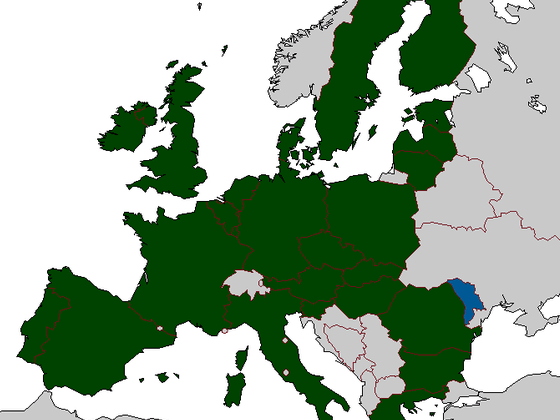The changing natural gas landscape—driven by the rise of liquid natural gas (LNG) projects, unconventional boom in North America, protracted global economic slowdown, post-Fukushima recalibration in the nuclear sector, and shifting geography of demand and supply—has renewed debate over the geopolitics of Russia’s energy security. A common refrain is that the increasing interconnectedness and flexibility of global gas markets will introduce a welcome corrective to Russia’s energy policies at home and abroad, encouraging pragmatic commercial dealings and political accommodation with European and Asian partners. Recent steps toward supply diversification and price renegotiation across Europe—especially among heavily import-dependent Lithuania, Bulgaria, and Ukraine— are seen as harbingers of this power shift in Eurasian energy diplomacy.
Others, including the leadership in Moscow, dismiss the enthusiasm for shale as a “soap bubble” destined to burst. They boast that Russia will continue to enjoy incremental supply advantages to promote political ambitions in relations with rival Eurasian producers and vulnerable transit states and European customers. They see new favorable long-term supply deals with Serbia and Armenia, the defeat of the Nabucco bypass pipeline, and the wooing of Gazprom in the sell-off of the insolvent Greek national gas company as suggestive of Moscow’s lingering prowess and as evidence that its pooh-poohing of a global gas revolution may be more than wishful thinking.
This debate is traced to an underlying controversy between realism and its critics over the significance of energy resource nationalism. Yet this formulation presents a false dichotomy between globalization and geopolitics and neglects Moscow’s mixed record with gas diplomacy. As well, talk of the demise of a petro-gas state counts Russia down prematurely by overlooking Gazprom’s lasting competitive advantages in established markets across Eurasia. It also treats the revolutionary effects of the LNG-shale nexus as a given, without fully appreciating either the uncertainties of the latest trends or how Moscow’s current choices can affect future opportunities. Jettisoning such blinders reveals the promise of elevating joint profit-seeking interests over atavistic power plays for Russian, European, and American energy security. […]
Russia and the Geopolitics of Natural Gas: Leveraging or Succumbing to Revolution?
PONARS Eurasia Policy Memo No. 296
By Adam Stulberg










